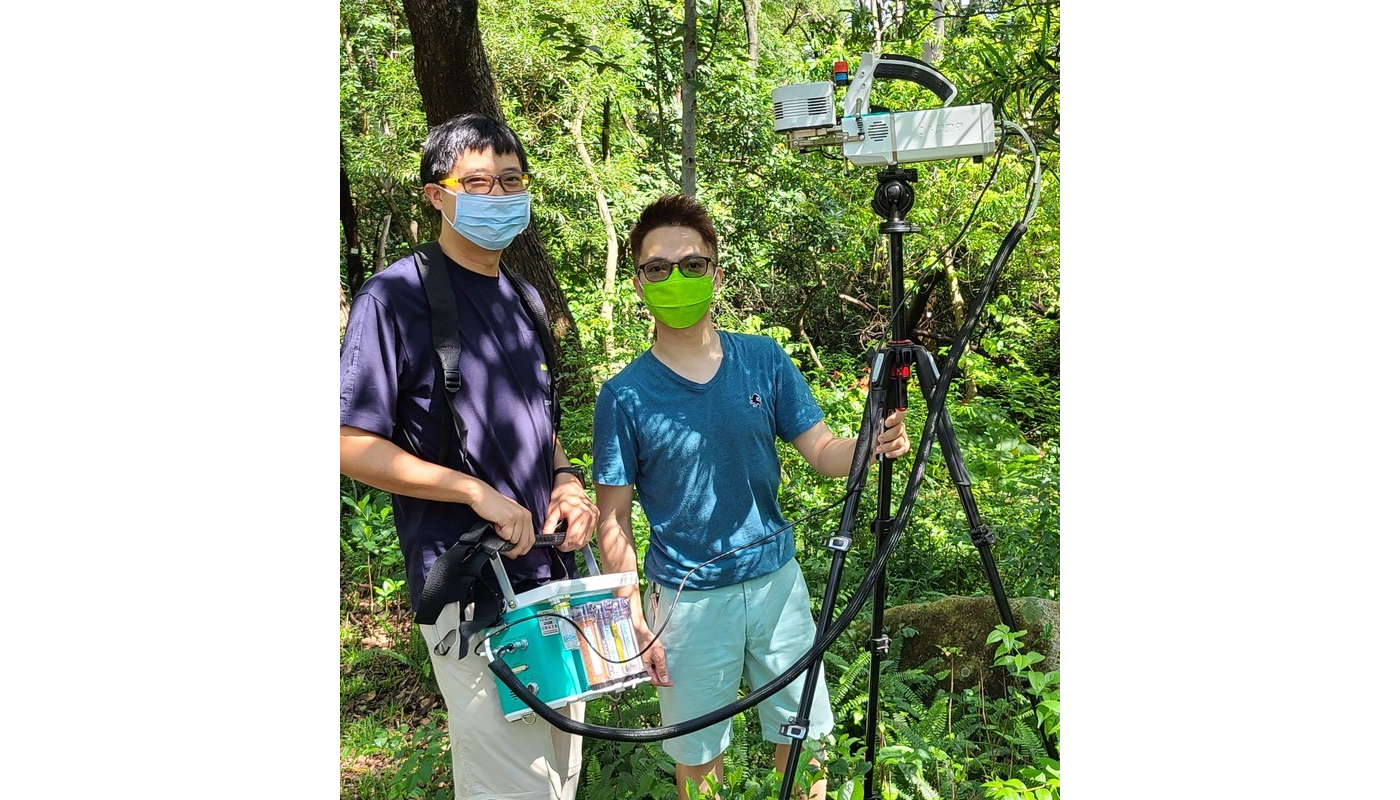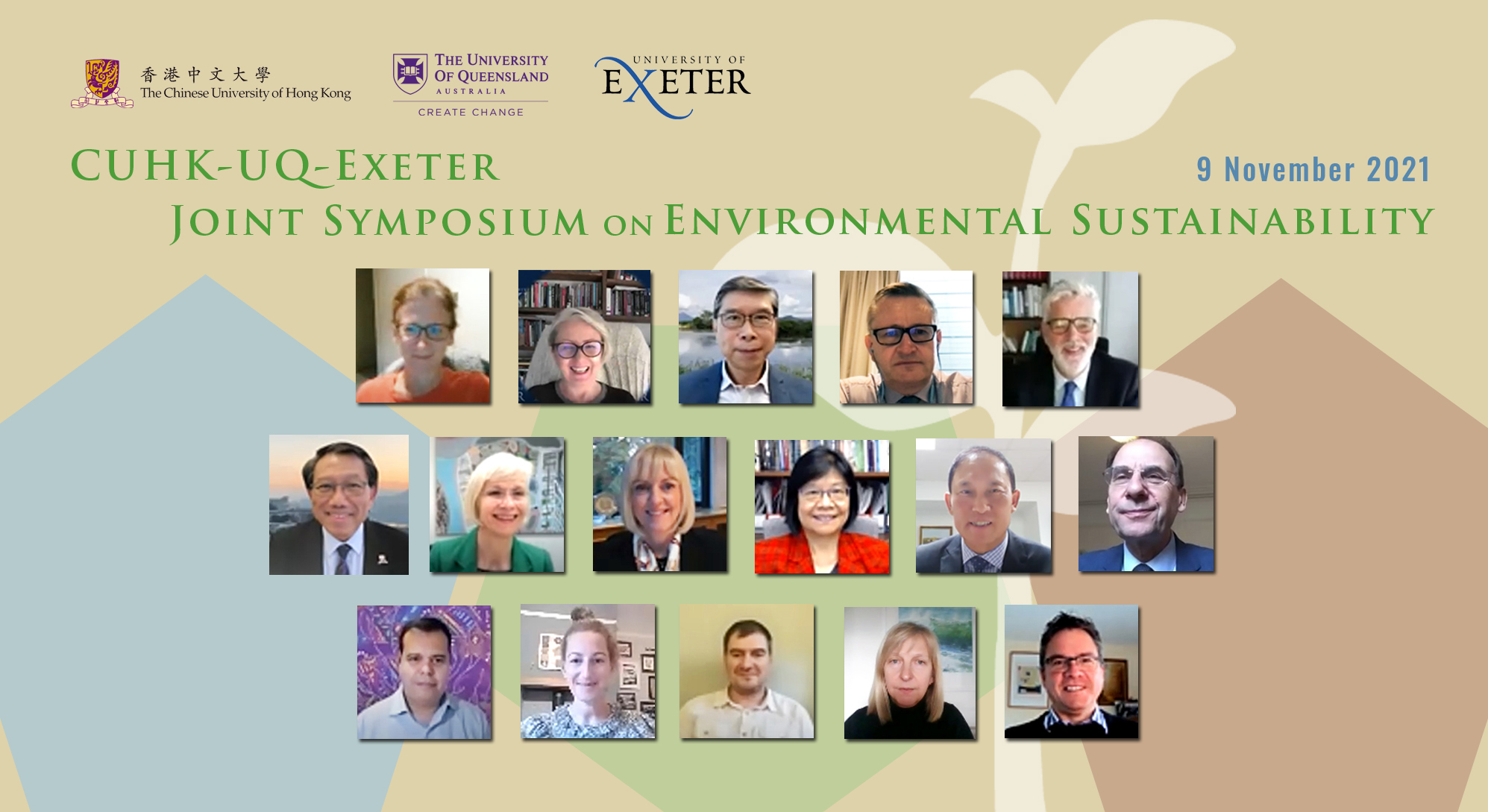
ENSURE Study Finds Adoption of a Less Meat-intensive Diet Can Reduce Premature Deaths Related to Air Pollution in China
A groundbreaking collaborative study led by The Chinese University of Hong Kong (CUHK) has revealed that shifting the current meat-intensive diet toward a less meat-intensive one can decrease agricultural ammonia emissions by about 20% and particulate matter by up to 6 micrograms per cubic metre, and avoid 75,000 annual premature deaths related to air pollution in China. This research analysed the changing patterns of food production and consumption in China over 1980-2010, and integrated various computational models to show that the rising demand for meat has contributed to worsening air quality and related mortality. This interdisciplinary work was conducted jointly with the University of Exeter (Exeter) and Peking University under the CUHK – Exeter Joint Centre for Environmental Sustainability and Resilience (ENSURE), and was the first in the world to discover that the wide adoption of a more plant-based diet could serve as a strategy to mitigate the serious air pollution problems in China…
Research findings were published in Nature Food, a prestigious journal in the food, agricultural and environmental sciences.
Liu, X., Tai, A. P. K., Chen, Y., Zhang, L., Shaddick, G., Yan, X., & Lam, H. M. (2021). Dietary shifts can reduce premature deaths related to particulate matter pollution in China. Nature Food, 1-8.






